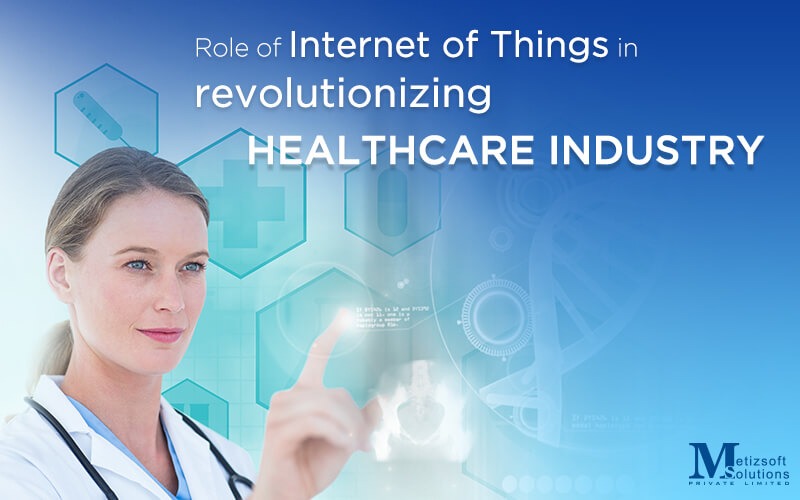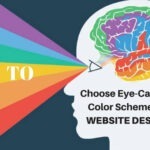
There’s technology everywhere today. Irrespective of whichever industry we talk about, technology has everything under its cloak. Take banking, healthcare, and e-commerce – every company today has a dedicated It department working for it. It is only natural, then, that the Internet of Things or IoT should have found its way into our lives today. Talking especially of the healthcare sector, the IoT impact has been such that you can’t ignore it.
More than half of the healthcare organizations have already introduced the concept within their structure, more than 70% of these are using IoT for monitoring and maintaining everything, and more than 80% of institutions are planning to implement this technology by next year.
So, what is making IoT such a popular choice amongst healthcare institutions all over the globe?
How is this industry been able to harness the full potential of IoT to better its services?
And what about the future?
Internet of Things – How it will change the healthcare industry?
Table of Contents
Let’s try to answer some of the most burning questions of the day.
- No Need for the Patient and Doctor to be Face-to-Face Anymore
IoT has many benefits; the major one is being able to control devices from a remote location.
This feature proves extremely useful in the healthcare industry. It helps us treat people doctors can’t always physically reach at the right time.
The patient can now be anywhere – office, at home, in their car, even in a different part of the world – and IoT allows a healthcare specialist to monitor and recommend treatment for them smoothly and seamlessly.
Read More: IoT for Small Businesses
This is not only good news for people with ailments in remote parts of the world lacking education and medicines, but it’s also great news for doctors and other healthcare providers.
Because they can now expect to see less of an ever-growing queue of patients in their hospital or clinic, less of the total workload every day, and therefore fewer instances of medical staff falling short of the number of patients arriving on a day.
This piece of technology has a reach all over the world, and it, therefore, benefits everyone globally.
- All Medical Data for a Patient Can be Easily Collected for the Right Prognosis
Patients commonly get a plethora of medical tests taken, as instructed by their doctors.
Not just that, but people also have heart monitors, IVs, blood pumps, and other devices attached to them during their hospital stay to keep a real-time record of their health.
But, of course, we all can make a bit of a human error, anytime. And a medical practitioner or a caregiver would be no exception to that rule.
With IoT in Healthcare, we now see the advent of Electronic Health Record systems, which cut human error to a minimum.
The health status and real-time data nurses and doctors receive from patients are now more accurate. This gives them a better chance of treating their patients.
Read More: Role of the Internet of Things in Manufacturing Industries
The flip side is that many devices give out all sorts of data. This can make it too much and too messy for a single doctor to grasp, diagnose the patient, and suggest the right treatment and medication.
But again, if IoT can’t be trusted to solve the problem, nothing can.
The solution here could be combining all the IoT data from different devices in one place instead of having it scattered all over the place.
This streamlining of data could help doctors focus more easily and aid them in coming up with a proper prognosis.
- Wearable Gadgets Help in Monitoring Patients More Effectively
Taking the part with patient monitoring a little further, we now have wearable gadgets available.
Apple iWatch would be a great example. It doesn’t just act as something one can show off, but also as a portable health monitor.
Gadgets such as these might not have the ideal accuracy one would expect of generic medical equipment. However, the error margin would be acceptable.
Read More: How Bright Does The Future of IoT Look Like?
So, IoT devices will monitor their temperature, heart rate, breathing patterns, etc.
Therefore, they can detect any health-related problems a person might have. They can even get help from someone if they face a medical emergency.
Final Verdict
Nothing comes without any challenges, and neither does IoT. It has its share of challenges, especially in the healthcare sector.
For example, aggregating data isn’t all that difficult. However, doctors and other specialists need to check the data analytically. This would then point towards the valuable data; based on this, the doctor would take action.
An Internet of Things Application Development Company will rise above such challenges. We expect it to use every amazing feature this technology has to offer. This will bring about a large-scale positive transformation in how we run healthcare systems everywhere. With IoT having so much to offer, it won’t be an impossible task!
AboutChetan Sheladiya
Related Posts
How Bright Does The Future of IoT Look Like?
Internet of Things, we can easily say, is a revolution in making; and it’s going to be one revolution that we all reckon...
The Biggest Potential Challenges Being Faced by IoT Companies
The market for IoT technology is dealing with more than a million estimated devices by the year 2020, in Europe alone....

